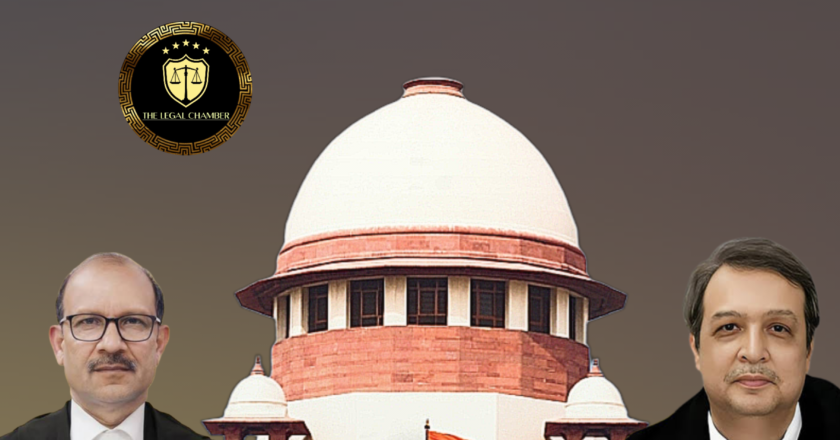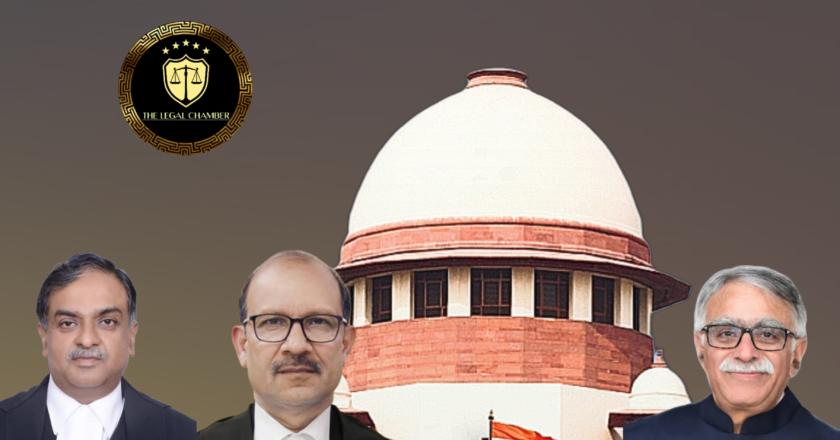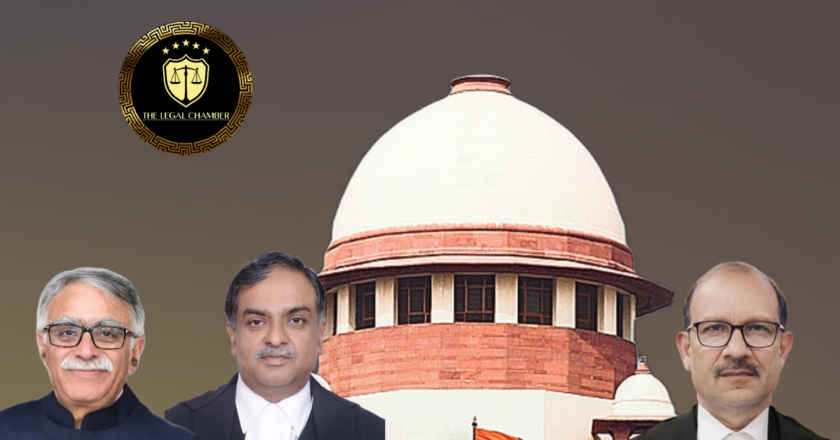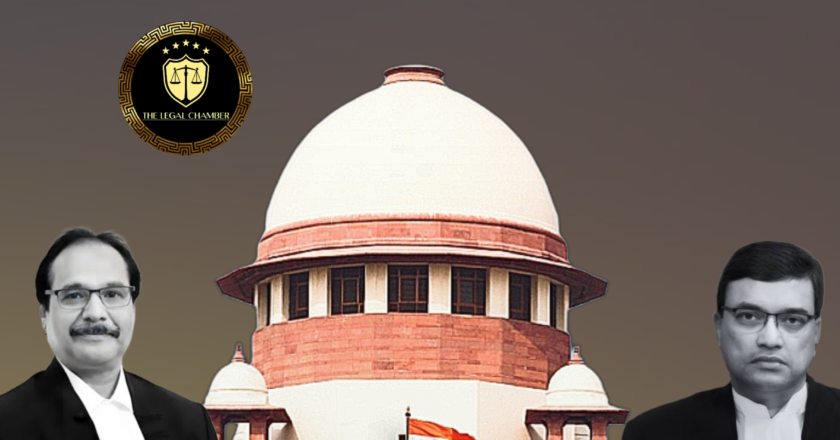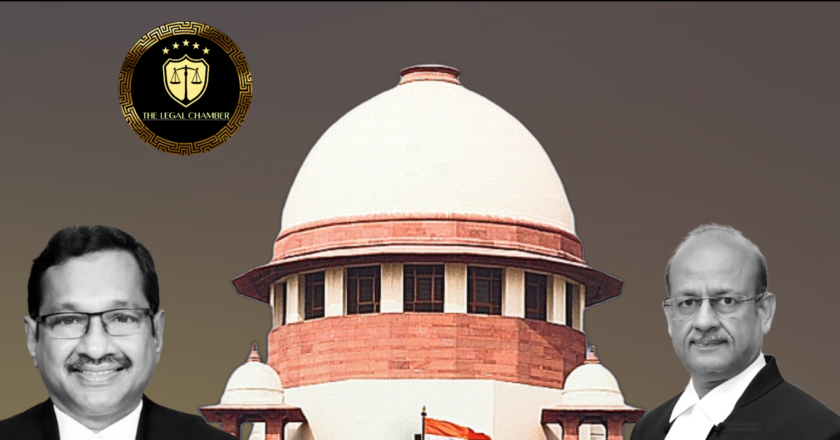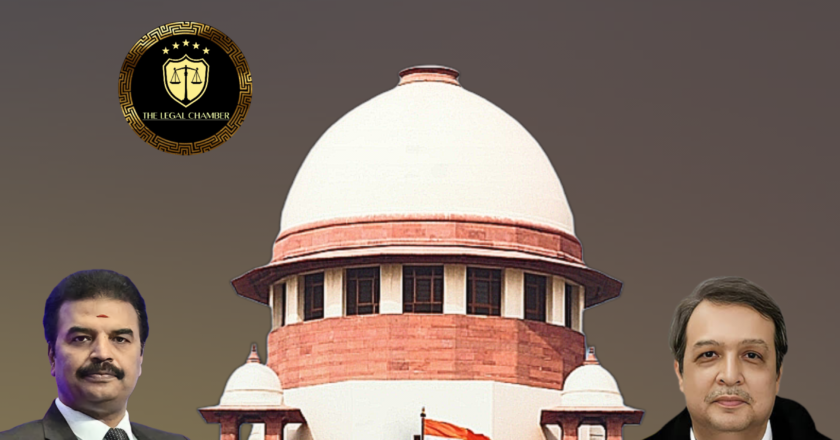No Retrial Merely to Fill Gaps in Prosecution, Rules Supreme Court in Drug Case
The Supreme Court held that a retrial is an exceptional remedy not warranted merely to rectify procedural lapses in evidence admission. Electronic evidence complying with Section 65B of the Evidence Act is admissible without a transcript. The non-examination of a Chemical Analyst or non-production of samples is not automatically fatal, as an appellate court can remedy such defects under Section 391 CrPC instead of ordering a retrial.
Facts Of The Case:
The case originated from a raid conducted by police on a hut based on information that the appellant, Kailas, and another accused were stocking Ganja for sale. Following due procedure, the raiding party, which included panch witnesses and a gazetted officer, searched the hut and recovered 18 plastic packets containing 39 kilograms of Ganja...

